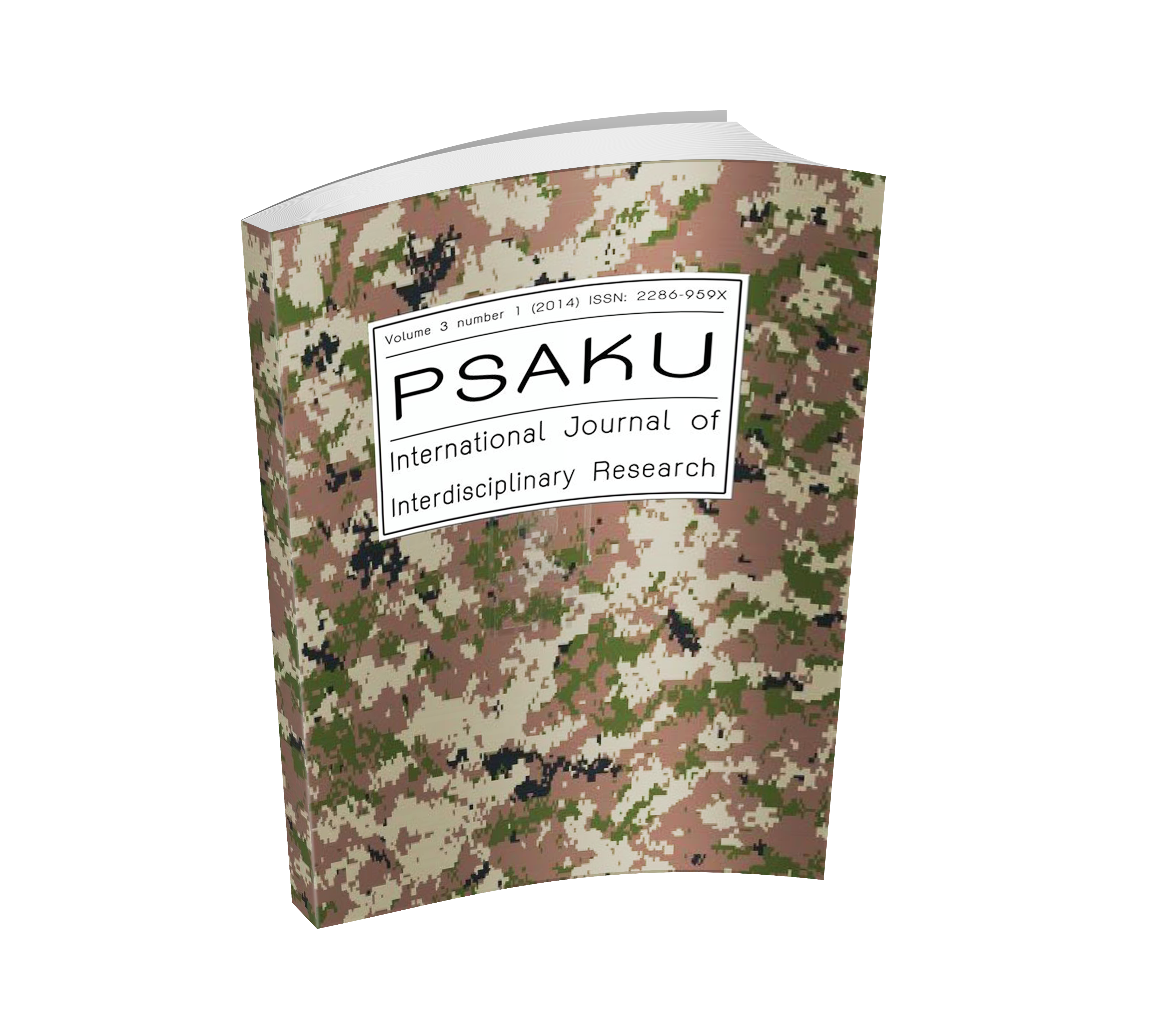FACTORS AFFECTING HEALTH SERVICE UTILIZATION AMONG RURAL RESIDENT WITH CHRONIC DISEASES: A CASE STUDY OF BAYAN NUR CITY, CHINA
Keywords:
Health Services Utilization, EqualityAbstract
Health services utilization are important policy concern in China. This is a cross sectional descriptive survey in Bayan Nur city, China. This study aims to find out factors which affect health services utilization among rural residents with chronic diseases. Data was secondary data. It consists of 410 patients who received treatment in outpatient department, and 112 patients who received treatment in inpatient department. OLS regression and Poisson regression methods were used to analyze the data. In addition, concentration index was used estimated equality in outpatient and inpatient department and in eight townships. The results of this study show that income level and age, chronic disease, county; marital status, occupation and medical institution have impacts on health services utilization in inpatient department. Age, bed, chronic disease, county, income and distance, education, family size, gender, medical institution and occupation influences health services utilization in outpatient department. In addition, concentration index indicate that poorer people tend to more easily suffer inequity of inpatient health services. Moreover, the concentration index of inpatient is higher than outpatient, it means the inpatient have more inequality. By comparison of the eight townships, Bayanhua Township appears to have more inequality than others.
Downloads












.png)


